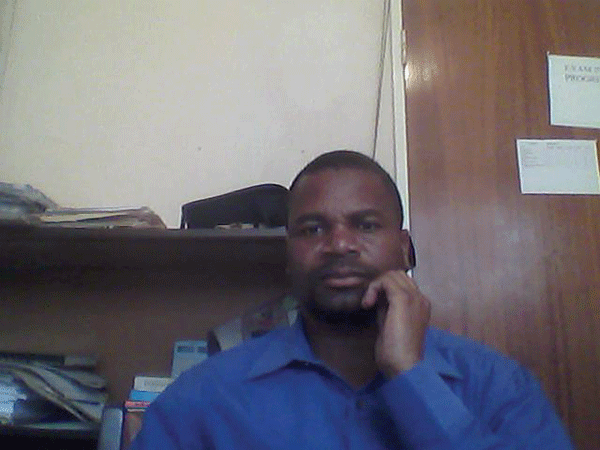
When the renewable energy discourse gained traction, there was hope, particularly in developing countries, that this would offer a break from the chains and shackles of energy poverty, which have haunted them for decades.
By Peter Makwanya
There was hope that an energy revolution was underway and the dream of everyone having power seemed to be coming into reality.
In developing countries access to electricity is literally a privilege.
Electricity tariffs are unbearably high and there are no safety nets for those who cannot afford power, meaning the majority continue to be left in the dark.
In an effort to address this energy poverty, there is now a call for the developed world to provide solar technology to the poorer countries and this has seen a surge in solar grid pilot projects in some energy-poor communities.
While solar energy can offer a reprieve, the problem in developing countries is that such technologies are quite pricey and out of the reach to the common people.
While the developed world has offered to assist with solar technology, their assistance is often too little and is yet to help the people that they seek to extricate from energy poverty.
- Chamisa under fire over US$120K donation
- Mavhunga puts DeMbare into Chibuku quarterfinals
- Pension funds bet on Cabora Bassa oilfields
- Councils defy govt fire tender directive
Keep Reading
Thus, despite high sounding promises, there is little on the ground to suggest meaningful assistance by the developed world. Success stories of solar projects are few and far in between and there is a real risk that poor people continue to be left behind.
It has to be remembered, particularly in rural areas, that these people continue to depend on fossil fuels and wood, not out of choice but need, and in the long run this is detrimental to the environment.
Advocates for renewable energy still have a lot of work to do in order to convince ordinary folk in the streets that fossil fuels are bad and it is time an alternative was sought.
In this regard, the pricing of renewable energy is something that ought to be looked into, as there is a risk that up to 650 million people will continue to be left behind by this energy revolution.
On the other hand, the benefits of clean energy are well documented and outweigh their demerits.
Thus, what needs to be addressed urgently is the issue of cost, which is the major deterrent, as failure to do this will mean clean energy solutions are only attractive on paper, but not implementable.
The provision of green financing should be justified by the reduction of fossil fuel dependency, which would be replaced with accelerated installation of green energy facilities designed to end energy poverty.
It is also imperative that, in developing countries, the private sector is roped in, as, in a competitive environment, it can offer cheap financing or the price of renewable energy can be reduced because of competition.
Our main aspirations as the people of developing countries, are that, one day, the developmental jargon or green discourse will translate into green thinking among the majority.
At the moment, there are industrial and technological, energy, infrastructural, green finances and gaps that need to be addressed if we are to end energy poverty.
The energy empowerment models should not only reduce energy poverty but energy use inequalities between women and men.
The total accomplishment of this will result in energising developing countries and improving their resilience.
These are issues that should never be taken for granted, as they are paramount and fundamental.
Peter Makwanya is a climate change communicator. He writes in his capacity and can be contacted on: [email protected]











